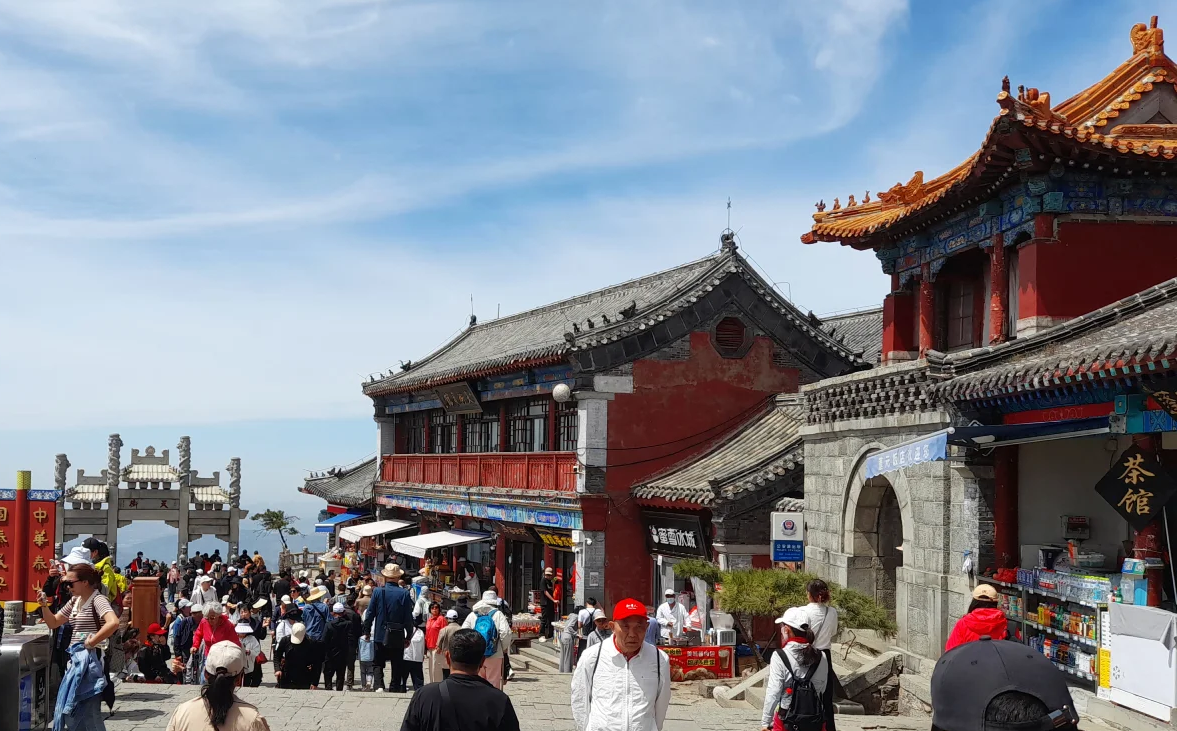Who are you?
My name is Ruth Silbermayr. I’m Austrian and run a blog about China called China Elevator Stories.
Where, when, and why did you move abroad?
The first time I moved abroad was in 2009, when I went to Kunming in Yunnan Province (2009–2010). I had studied Sinology in Austria, and shortly after graduating, I moved to Shenzhen in Guangdong Province (2012-2014). Later, after the birth of my first son, I moved to my ex-husband’s hometown in China—Siping, in Jilin Province.
I initially moved to China because I was deeply intrigued by the country and its people. I wanted to get to know the culture better and truly understand it.
What challenges did you face during the move?
Any move to a country as different from your home as China is challenging. Most of the difficulties were related to getting settled—sorting out documents, finding a place to live (and not having to move out on short notice).
While living in China can be a very enjoyable experience, handling everything alone in the beginning can be tough, especially if you’re not fluent in the language and because there’s quite a bit of bureaucratic red tape involved.
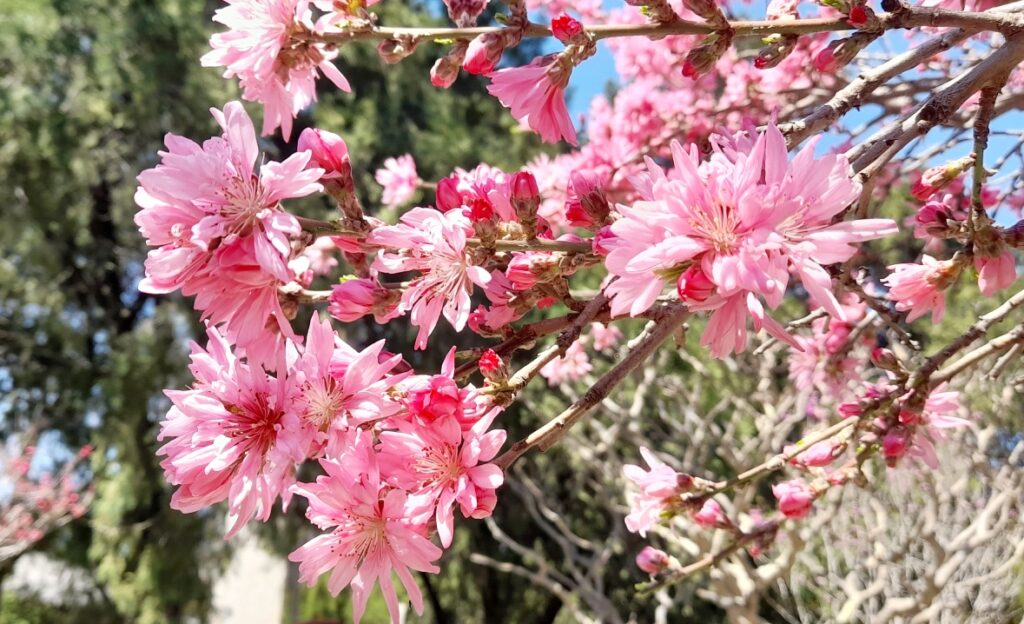
Did you need to obtain a visa, residency permit, or work permit? What was the process like?
Yes. The type of residence permit depends on your purpose for staying. A student residence permit is, in my opinion, easier to obtain (if you’re studying at a university) than a work permit.
Regardless of the type, you usually need to get several documents translated and notarized.
Making sure everything is in order and nothing is missing can be a real hassle. The process isn’t easy, and finding accurate information online is very helpful.
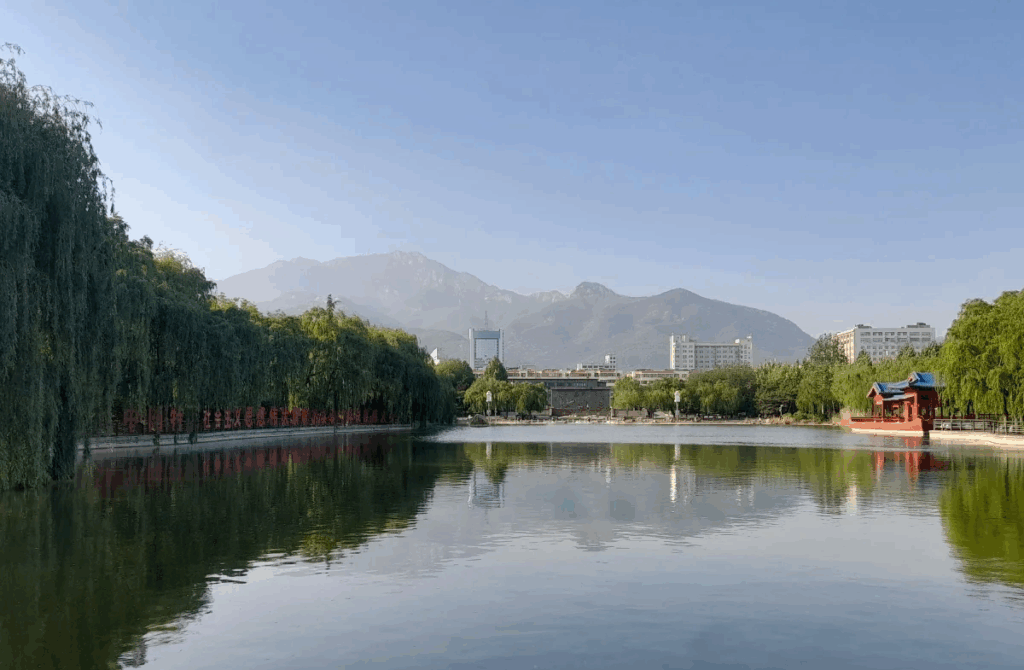
How does the cost of living compare with your previous country?
The cost of living is much lower than in Austria—especially in smaller towns. Even large Chinese cities are usually cheaper. While living costs in Austria have risen quite a bit, in China they’ve stayed relatively stable, making it a great option for those looking for a more affordable life outside of Europe.
Is it easy to open and use an account with a local bank?
It’s not too difficult, but you’ll need to bring a few documents with you. Typically, you’ll need to prove employment and provide your TIN (Tax Identification Number).
How did you find somewhere to live?
I was looking online for a job and found one at a public university in Tai’an, Shandong Province. The university provides housing for their teachers.
Are there many other expats in your area?
There are a few other teachers, but Tai’an doesn’t have many foreigners. Unlike China’s larger cities, you mostly encounter locals from Shandong Province and domestic tourists visiting Mount Taishan.
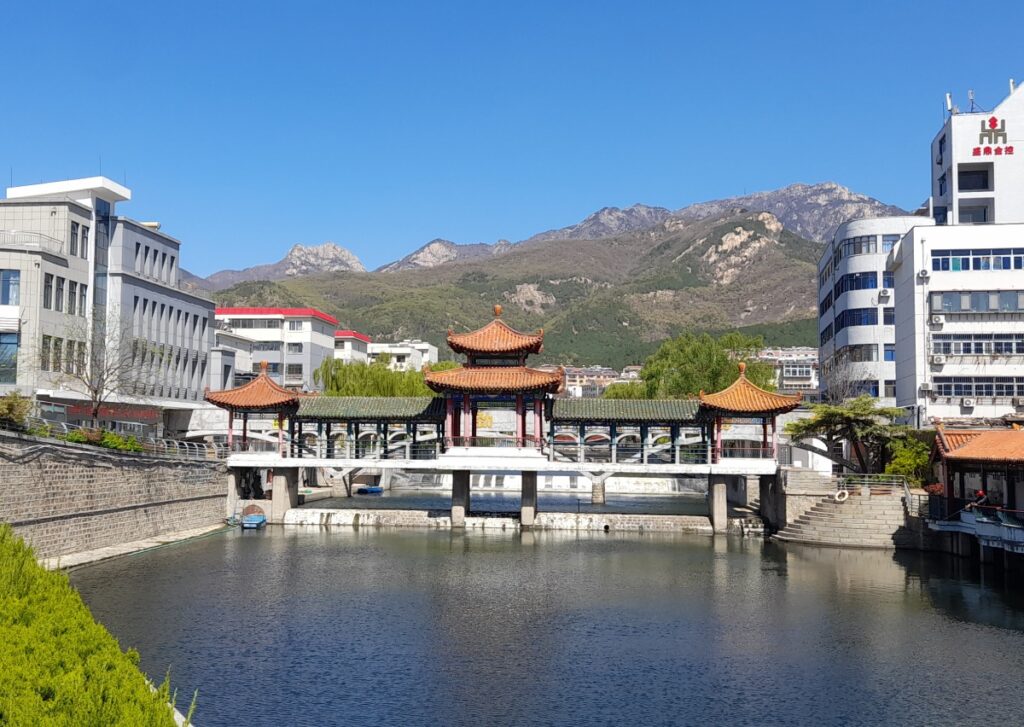
What is your relationship like with the locals?
I find them friendly and courteous. People here are very relaxed, which is quite different from other parts of China. The pace of life is slow and enjoyable.
What do you like about life where you are?
I like the relaxed pace and the fact that people are talkative and social. If you speak Chinese, you’ll always find someone to chat with. It’s great for people like me who enjoy talking to locals about their lives.
What do you dislike about your expat life?
At the moment, there’s nothing I really dislike. In the past, I lived in a town that wasn’t very foreigner-friendly, and I often felt excluded. Although I had foreign friends, I found it hard to make Chinese friends.
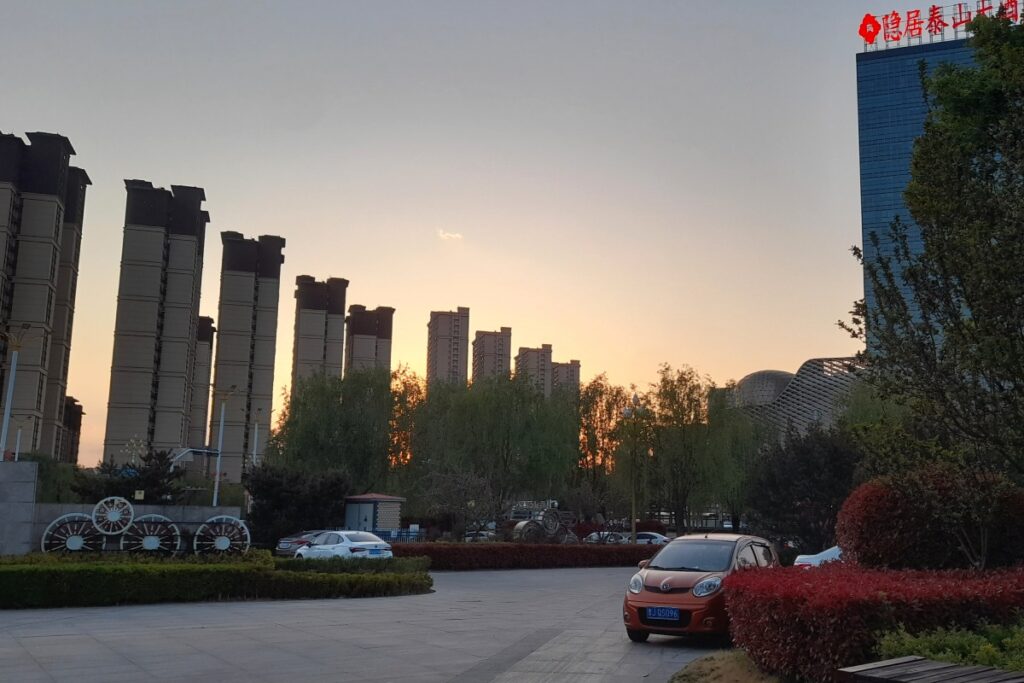
What is the biggest cultural difference you’ve experienced between your new country and life back home?
There are many cultural differences, but I’ve become so accustomed to life in China that they no longer seem unusual. For example, traditions like “sitting the month” after giving birth, or certain expectations from a Chinese mother-in-law, can be quite different. Some of these traditions are rooted in superstition or can be harmful, but many are also fascinating to learn about.
What advice would you give to anyone following in your footsteps?
Learn Chinese before moving and come with an open mind. Life in China is certainly different, but an open mind will help you build relationships and enjoy your experience more fully.
What are your plans for the future?
Right now, I’m focused on living in the here and now. Life has always been full of surprises (some positive, some negative), and planning for the future has proven to be harder than expected. For the time being, I see myself staying in Tai’an for the next few months—and then, I’ll see. Whether I stay or life takes me elsewhere, time will tell.

